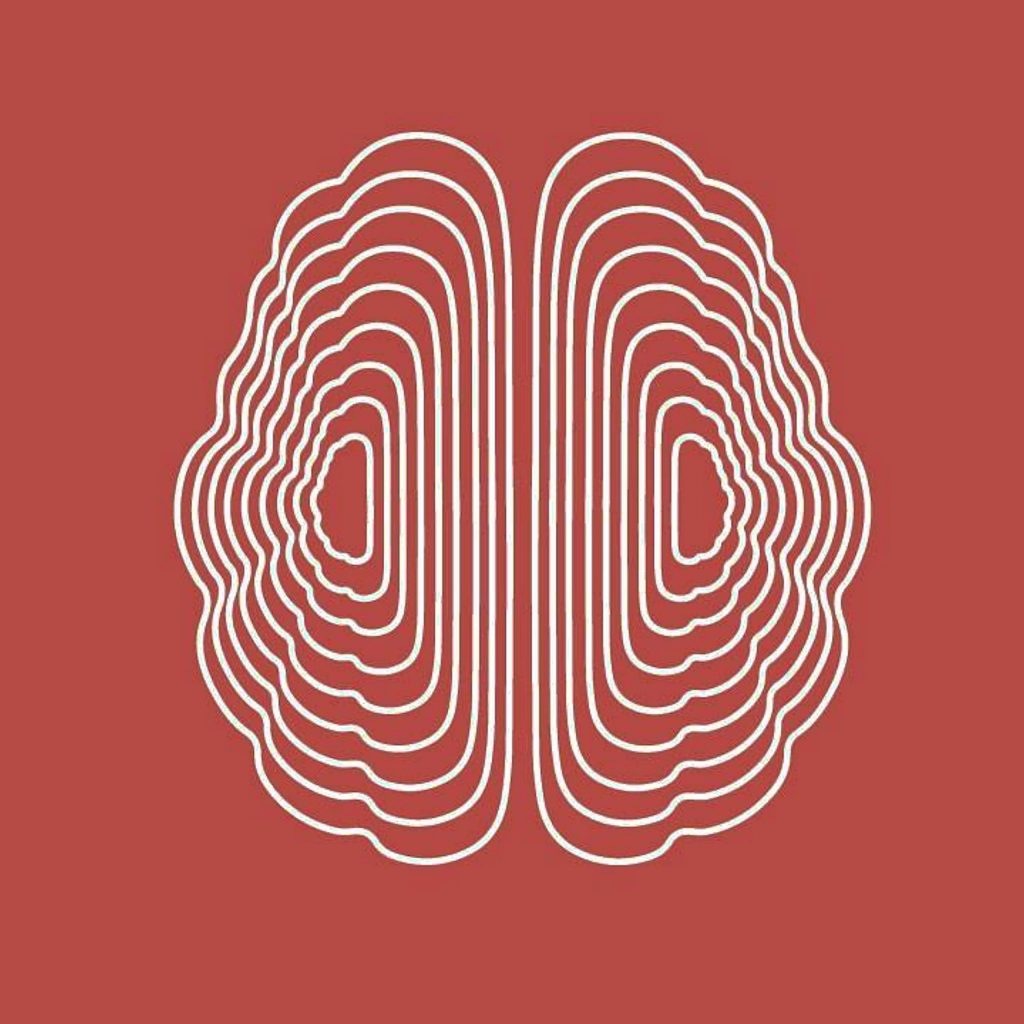Morgan Levine, Ph.D., facilitated by Ronnie Stangler, M.D., addressed how tracking biological age can help us optimize our health, as well as presented science aimed at literally changing the pace of our aging at Aspen Brain Institute’s Expert Series 2.0.
SESSION SUMMARY
-
Age as a Risk Factor:
Aging is a far more significant risk factor for lung cancer than smoking. The same can be said of other common aging-related diseases like Alzheimer’s, cardiovascular disorders, cancer, COPD and diabetes. -
Chronological Age vs Biological Age:
Your chronological age tells you how many years you’ve been alive. Your biological age is a reflection of the average age at which your body functions and is not fixed or predetermined. Biologic age is sometimes referred to as phenotypic or physiologic age. -
DNA Methylation is currently the molecular marker most commonly used today for monitoring aging and predicting life expectancy. Analogy: if the DNA of our genes represents the ingredients for a meal, epigenetics provides the recipe. Methylation patterns appear to change with age, with implications for health and phenotype.
-
Epigenetic age can be measured for any tissue or cell type in the body: blood, skin, breast and brain. People with a higher epigenetic age are more likely to have Alzheimer’s based on neuropathology.
-
Cellular Aging:
Cells themselves have different ages. The aging of a cell impacts the aging of the organism. -
We are a mosaic of different epigenetic ages:
Our overall biologic age is correlated with breast cancer incidence, lung cancer incidence, coronary heart disease, familial longevity, telomere length, physical disability, HIV infection, cognitive impairment and disease count. -
Biological age can be influenced by environment and lifestyle:
We are developing algorithms that can be used to predict specifically what kind of epigenetic interventions/lifestyle modifications will be most beneficial to individuals. This is ultimately a major goal of future precision medicine. But even in its current state of maturation, one’s biologic age gives individuals an important glimpse into their health and aging, provides a sense of agency and highlights the power of decision-making and habits over time. -
2020 as an epigenetic risk factor:
This year has seen us exposed to a confluence of negative environmental factors and an extraordinary exposure to stressors (e.g. global pandemic, radical social injustice/reform, contested presidential election, more evidence of global warming). This could, theoretically, accelerate our rate of biological aging. -
Epigenetics as a framework:
We all know, more or less, what to do to live longer healthier lives. Epigenetic consciousness and understanding can offer positive reinforcement for healthy decision-making. Having real, true, empirical feedback can help people re-analyze risk. -
The importance of mental health:
1/3 Americans are currently experiencing some symptom of anxiety (cf. 1/12 this time last year). 1/4 Americans report symptoms of significant depression. Dr. Eric Kandel stated in the 1980s that psychotherapy can be considered a positive epigenetic intervention. Anything one can do to improve one’s mental health will have a beneficial impact on one’s epigenome and entire body. -
The Brainspan/Lifespan correlation:
We do not want to live to the age of 120 with failing bodies or brains. As we push the boundaries of lifespan, it is critical to push the boundaries of functional healthspan and brainspan, as well.
Click here to watch the session.


